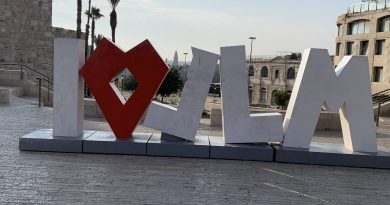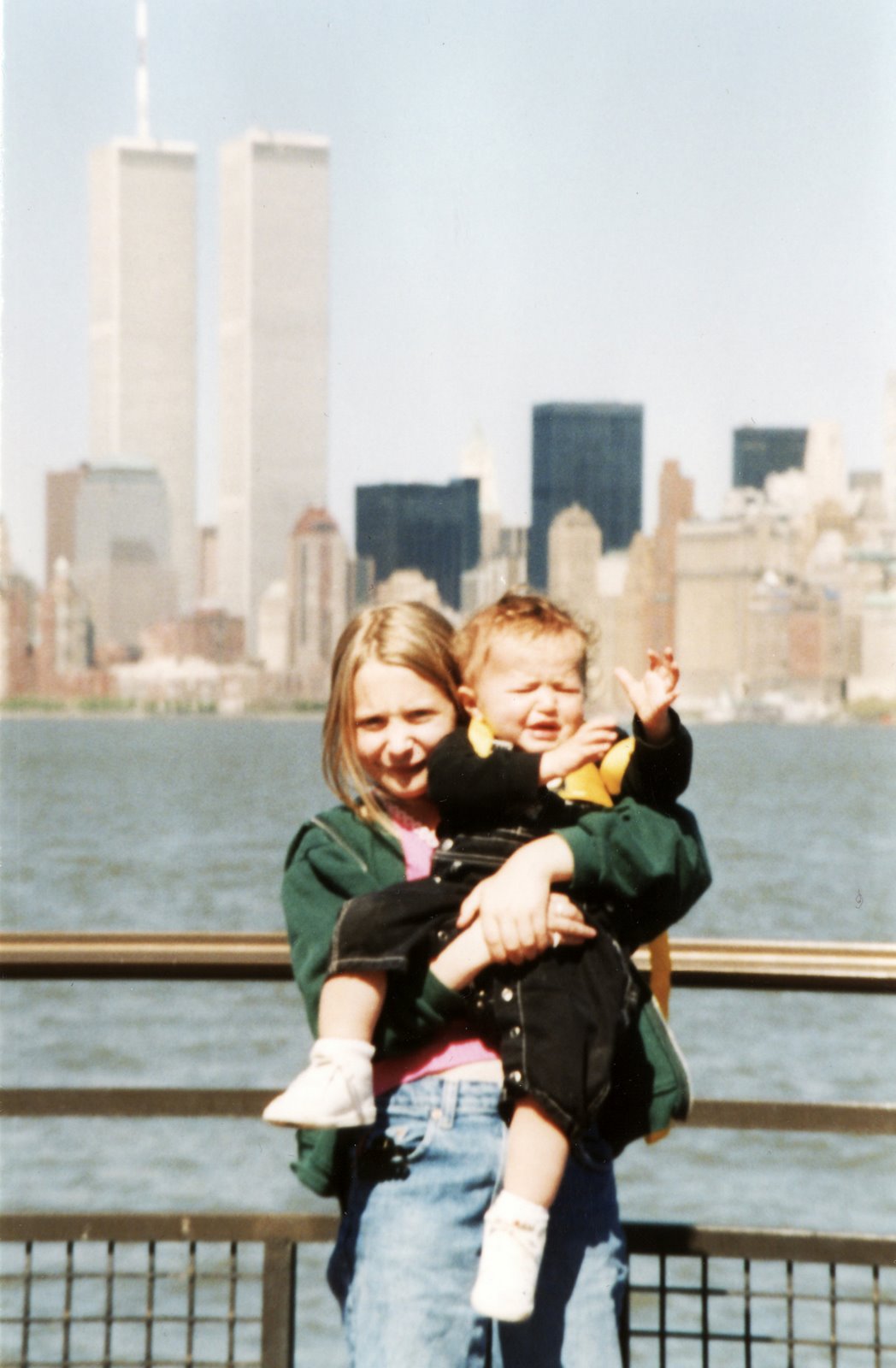Rosh Hashanah 5782
This is the talk I gave on the first day of Rosh Hashanah at Temple Beth El in Las Cruces, NM:
“And Adonai remembered Sarah, as promised; and that which had been spoken Adonai fulfilled for Sarah.”
This morning’s Torah reading opens with God remembering Sarah, although “remembering” doesn’t quite catch the meaning of the Hebrew word pakad. We have another word for plain old remembering, zochar, as we sang earlier this morning, zochreinu l’chayim, remember us for life. Pakad has a connotation of paying attention, of taking notice.
God not only remembered Sarah, She was paying attention to her, and God fulfills her promise and Sarah becomes pregnant.
God remembering is a fitting theme for Rosh Hashanah; one of the liturgical and theological themes for the day is about memory. Rosh Hashanah is also called Yom Hazikaron, Day of Remembrance; after the Torah service we have a section of our shofar service called zichronot, memories.
At the end of the Torah reading, God hears Ishmael – you could say he takes note of Ishmael, he remembers Ishmael. He hears the boy’s cry and spares him.
Memory is an interesting thing. If you go out to eat at your favorite restaurant and always order the same thing you may enjoy the anticipation of looking forward to your favorite food, and you may enjoy the experience of eating it, but you probably won’t form any new memories. Whereas if you make a habit of trying different things, the anticipation may not be as fulfilling, and the meal or may not be as tasty, but you’re much likelier to form a memory of the evening because it wasn’t just more of the same.
That’s one of the things we all struggle with during this time of a pandemic. If we’re not going out, traveling, seeing friends, we’re not forming new memories. The days all just run into one another with a boring sameness to them all. Repeating the same week 52 times really only gives you one week’s worth of memories, not a year’s worth.
If we want God to remember us – if we want to remember ourselves – we need to break up our routine. We need to give God some good noteworthy material to work with.
In the movie “The Last Word,” Shirley Maclaine plays Harriet, a retired executive who’s a control freak. She’s unhappy, contemplating suicide, but wants to have some say in what’s going to be in her obituary. No way she wants to leave that to chance. She gets the obit writer for the local paper to work on a draft. The writer talks to a long list of people – supplied by Harriet, hundreds of people – and no one has a nice word to say about her. Every single person she talks to has nothing but bad things to say. The writer asks one person if she could come up with something nice to say about Harriet, and she says, “it would be nice if she were dead, would that do?” The writer gets so frustrated she exclaims, “she puts the bitch in obituary!”
Now if this were real life and the writer came back with her less than glowing obituary, I’m sure the control freak retired executive would have had the poor young writer fired, eternally convinced that the problem was the writer not the life. But this is Hollywood; instead, Harriet has an epiphany, and says “My life isn’t over yet.” She tells the young writer “You’re going to help shape a legacy,” and she goes out and changes her life, and within a few months she actually earns a much better obituary.
Today is Rosh Hashanah. In addition to being Yom Hazikaron, the Day of Remembrance, today is Yom Hadin, the Day of Judgment. Whether or not you believe that God is judging you and your life, you can be absolutely certain other people are judging you.
Our religious imagery for today pictures three books, the book of life for the completely righteous, the book of death for the completely wicked, and the book of the in between. We’re all written in one of those books, and for the vast majority of us, it’s the book of the in between. But what if this is your last year? How will you be remembered? If a brutally honest obituary writer – one who noted both your triumphs and your failures – wrote your obituary, would you be happy with what it said? If the writer asked two dozen different people from different aspects of your life about you, what would they say? Especially the people you had control over, such as subordinates or children.
What makes the biggest difference in how a person is remembered is kindness. You can be a genius, but if you’re also a shmuck, shmuck is what’s going to be remembered. And you can have all of kinds of failures and struggles, but if you’re kind, you’ll be remembered fondly.
God’s memory works the same way. The prophet Micah even told us explicitly what God wants from us: “do justice, love mercy, and walk humbly with Your God.” The rabbis in the Talmud explain how to walk in God’s ways – by feeding the hungry, clothing the naked, housing the homeless, visiting the sick. By being kind.
May the Almighty grant each of us another year on this planet, and may God also help us to live up to our potential, to be the best possible version of ourselves, so that we’ll be remembered for good,
Amen



